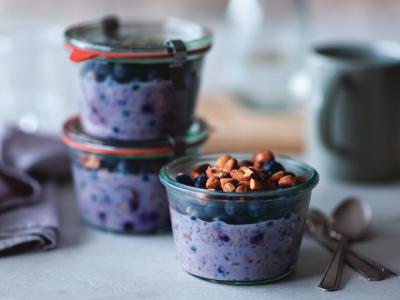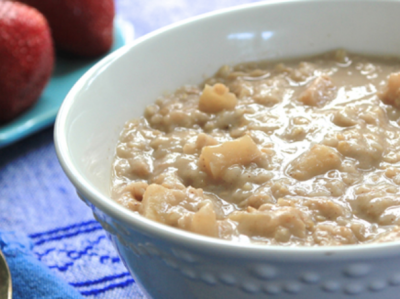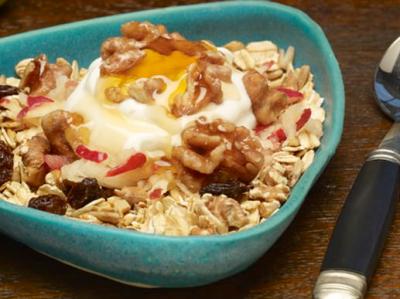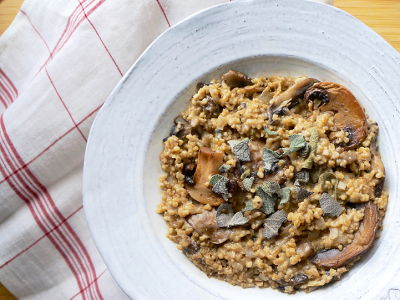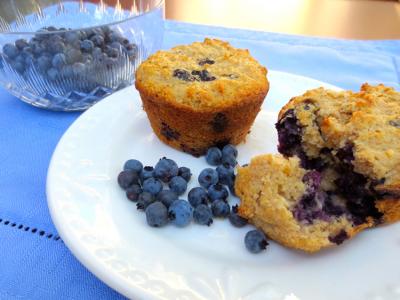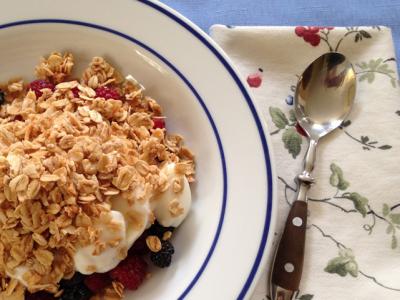Processed Barley & Oats Linked with Less Gut Microbiota Diversity
A healthy diversity of gut microbiota is associated with numerous health benefits. To see how processing grains relates to the microbiome in animals, researchers analyzed the gut microbiota of pigs after feeding them whole grain barley and oats, or extruded whole grain barley and extruded oats. Extrusion is a process used to make pasta, cereal, croutons, and other grain products, by sending a flour and water mixture through a die to get uniform shapes. The gut microbiota of pigs eating the extruded grains showed less diversity and less presence of the microbes associated with health. The researchers concluded that “cereal extrusion affects the microbiota composition and diversity towards a state generally thought to be less beneficial for health.”
Food & Function. 2016 Feb;7(2):1024-32. (Moen B et al.)

